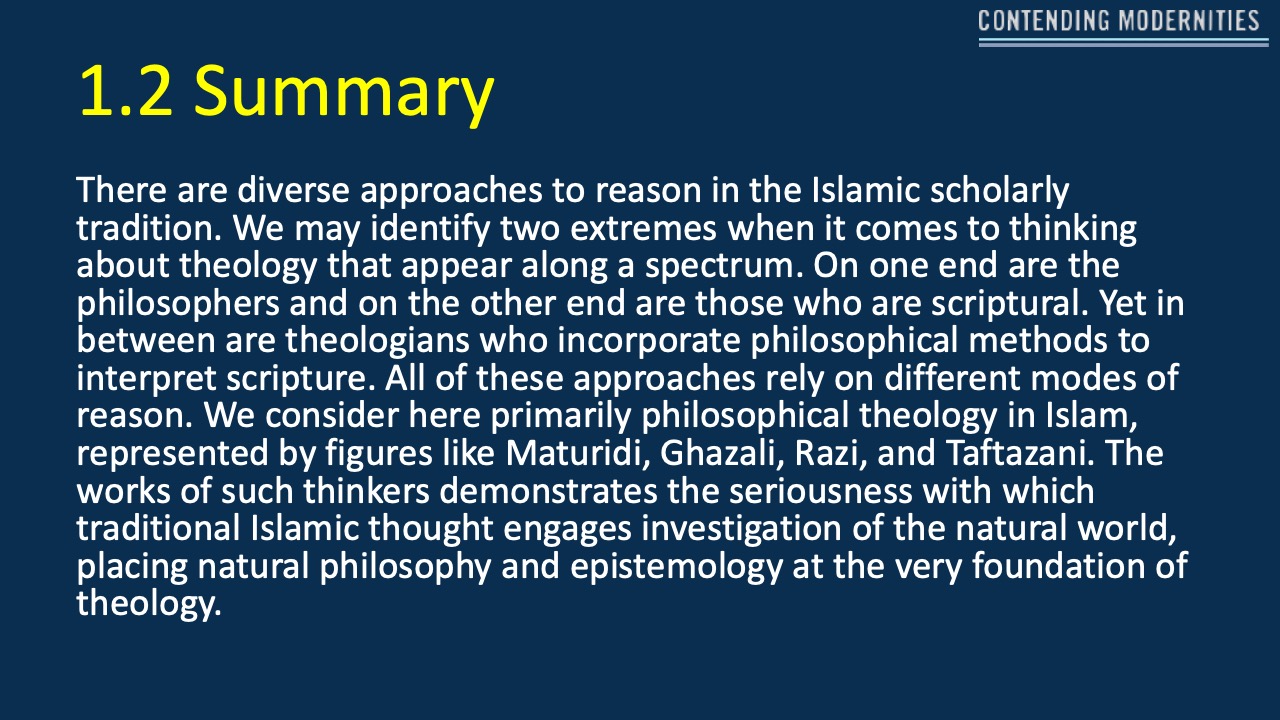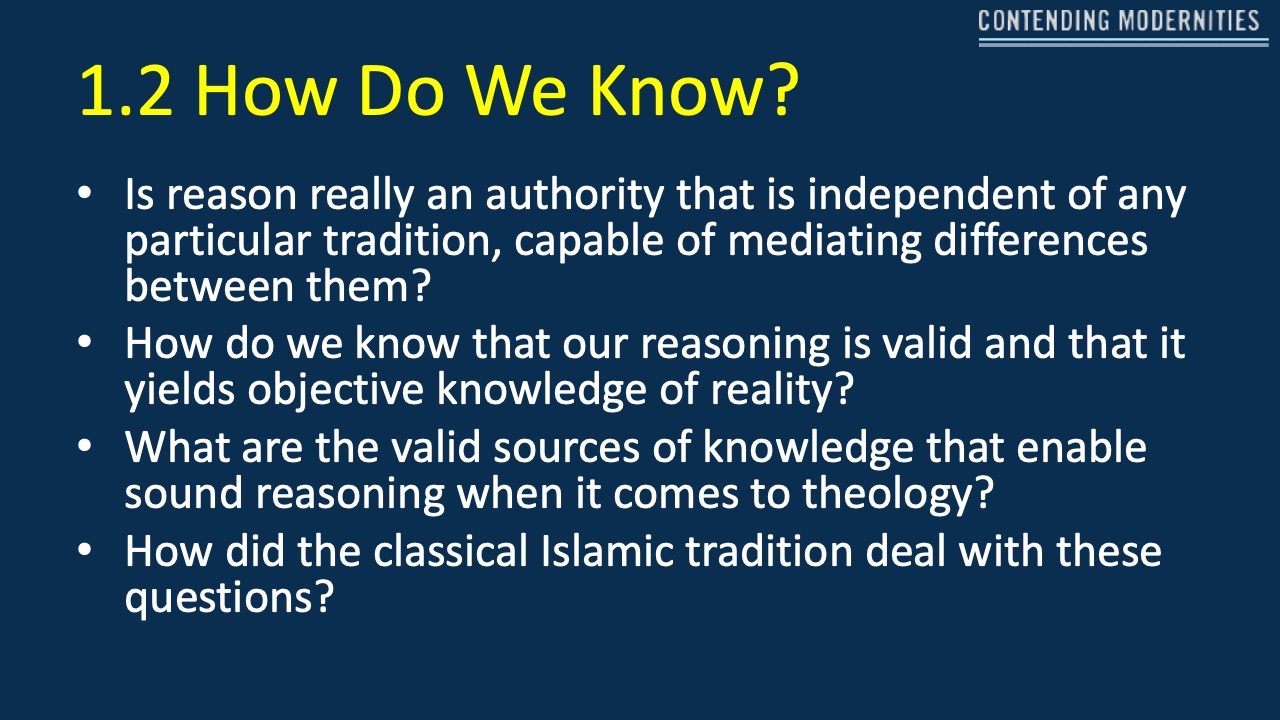How do we know what we know? On what basis do we believe our view of revelation and reality is correct? We continue reading more by the founder of one of the major theological schools in Sunni Islam, Abu Mansur Maturidi (d. 944), on this very question. Centuries later, theologians Saʿd al-Din Taftazani (d. 1390) and Abu Hamid al-Ghazali (d. 1111) discuss the overlaps between theology (kalām), philosophy (falsafa), and science.
What are the implications for theology if our philosophy and scientific beliefs have shifted? Should this new material be taken into consideration?
Key Terms:
- Epistemology, or Theory of knowledge
Thumbnail: “Mosque Book” prayer book, Abuja. Photo Credit: Mark Fischer, 2014. CC BY-SA 2.0.
Learning Materials:
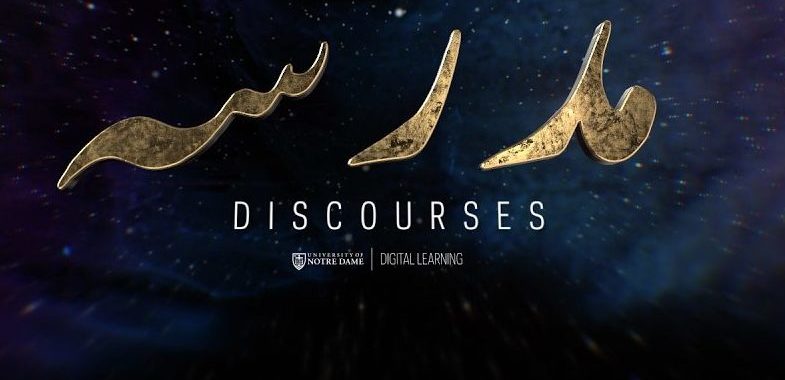
1.2.1 How Do We Know?
What is the relationship between language, knowledge, and reality?
Read More
1.2.2 Māturīdī, Kitāb al-Tawḥīd
Abu Mansur Maturidi (d. 944) proposes a theory of knowledge in his theological Treatise on Divine Unicity. (Meena Kadri/”Jamalpur Veil”)
Read More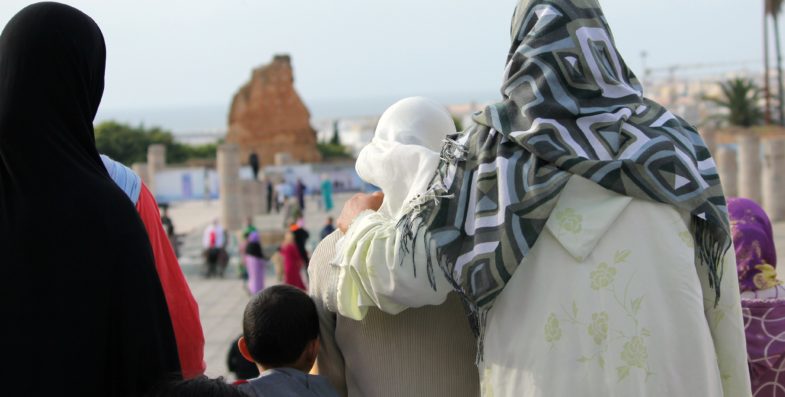
1.2.3 Ghazālī, Al-Muṣtaṣfā
Renowned theologian and philosopher Abu Hamid al-Ghazali (d. 1111) proposed an approach to reconcile revelation and reason. (Carlotta Roma/”Family”)
Read More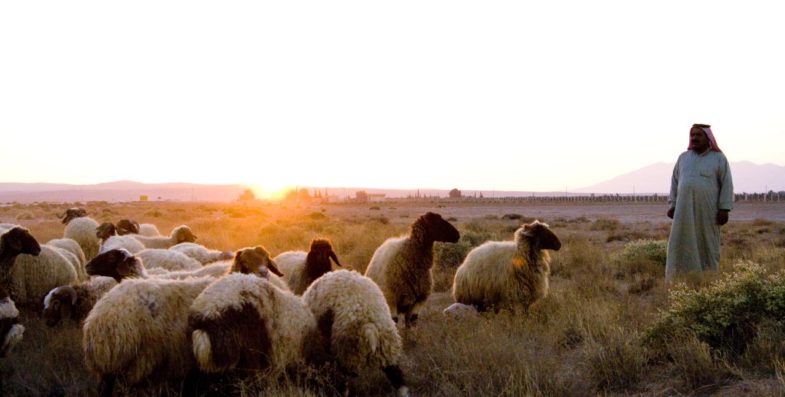
1.2.4 Taftazānī, Sharḥ al-ʿAqāʾid
Saʿd al-Din Taftazani (d. 1390), a Persian polymath, argued that, by his time, theology had become virtually indistinguishable from philosophy. (Marc Veraart/”xSyrie2”)
Read More
1.2.5 Rāzī, Nihāyat al-ʿUqūl
Scholar and theologian Fakhr al-Din al-Razi (d. 1209) distinguishes propositions that rely on rational proofs versus revelation. (hadoken/”Kul Sharif Mosque”)
Read More


